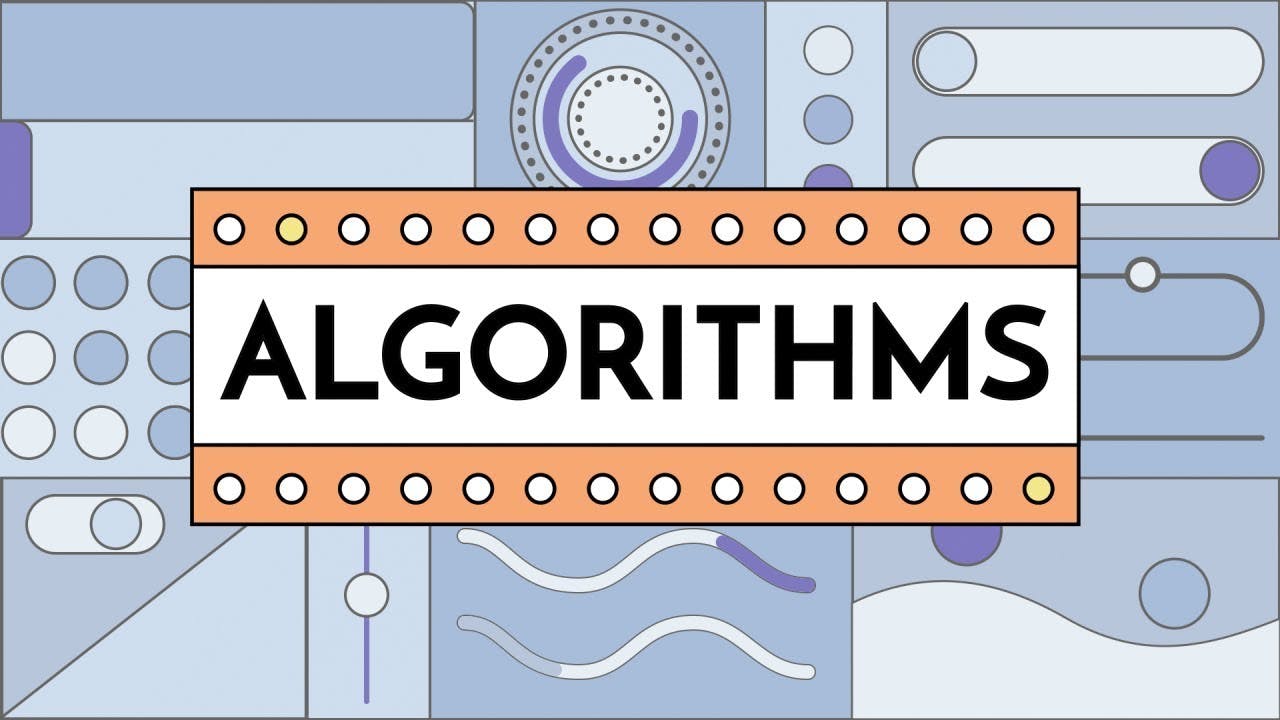It's September, which means that university courses will start soon. I've made many mistakes as a computer science major.
If I could go back with a time machine, I wish I knew these five things:
Computer science needs extra time outside of the lectures

You'll have to give assignments at uni; once lectures are over, you spend time working on them.
However, I believe that spending some extra hours on top of the time spent working on coursework is hugely beneficial.
If you want to become a strong computer scientist, going the extra mile by reading and researching more will benefit you.
During my first academic year, I remember hearing one of my lecturers say that to perform well in the course.
You must spend 40 hours a week studying.
When I heard that, I initially laughed and cried simultaneously, but now thinking about it, he was right.
Computer science requires a lot of effort and patience.
Computer algorithms and operating systems are important

I've only mentioned two in the headlines, but more modules, such as programming fundamentals, introduction to compilers, and computer and communication systems, deserve to be said.
However, I want to press down on computer algorithms because you will encounter them often, especially in job interviews.
If you want to work for a FAANG company (Facebook, Apple, Amazon, Netflix, Google) or a large organization, they require excellent knowledge of data structures and algorithms.
I mentioned earlier that computer science requires much time outside your lectures.
Mastering computer algorithms requires practice and dedication.
You can exercise data structures and algorithms on websites like HackerRank and Leetcode.
Operating systems, compilers, and communication systems are modules that will stay with you for the longest.
These classes will make you a better software engineer, and it's one of those fundamental concepts that distinguish a programmer from a software engineer.
Being good at maths helps

Your first and second years will involve algebra, statistics, and probability.
You will get a lot of help and support on these modules even if you're not from a scientific background, but knowing some maths in advance will only help you.
Try to refresh your maths skills quickly. This website can help you.
Applying for internships and placements in advance is a great choice

The sooner you apply, the better. Internships typically run during the summer months, from May until August/September.
Therefore you want to increase your chances of getting training, apply 4 to 6 months in advance.
The same rule goes for placements. Try to apply every year.
Use your university's career department to improve your CV and LinkedIn profile.
Contact people from your uni who managed to get an internship or placement and ask them for tips and tricks.
Working Part-time and studying simultaneously is tough

Some people won't need to work part-time either because they live with their parents or because the maintenance loan can cover all the necessary expenses.
Others have no other choice than to work part-time to support themselves.
I worked throughout the three years, and it was tough.
Managing university and work requires excellent time management skills, depending on how flexible the part-time job is.
It becomes particularly stressful close to deadlines, and not all employers understand enough to work around your university schedule.
The best way to overcome this problem is to plan ahead of time.
Typically deadlines for assignments and exams are known weeks in advance.
Ask for days off around deadlines, and consider taking annual leave if needed (sometimes you won't have any other choice!).
Try to negotiate with your colleagues and help them back in the future when they ask you for a favour.
I want to add some more things that I wish I knew:
Eating healthy and exercising can boost your academic performance
Try to eat meals made of single ingredients and avoid fast-food chains such as KFC, Burger King, etc.
Avoid over-eating carbohydrates in the morning before the lecture because it will make you sleepy.
Join a local gym or make use of your university's discounted gym. Walk whenever you can, and remember to take breaks in between lectures.
You are the average of the five people you spend the most time with
Surround yourself with people who want to get the best out of university and are serious about their careers.
What tips would you give to someone starting a computer science degree? Let me know in the comments!
Until next time!
🙋🏾♀️

